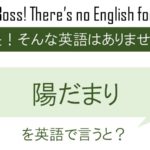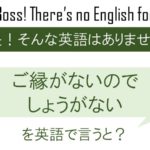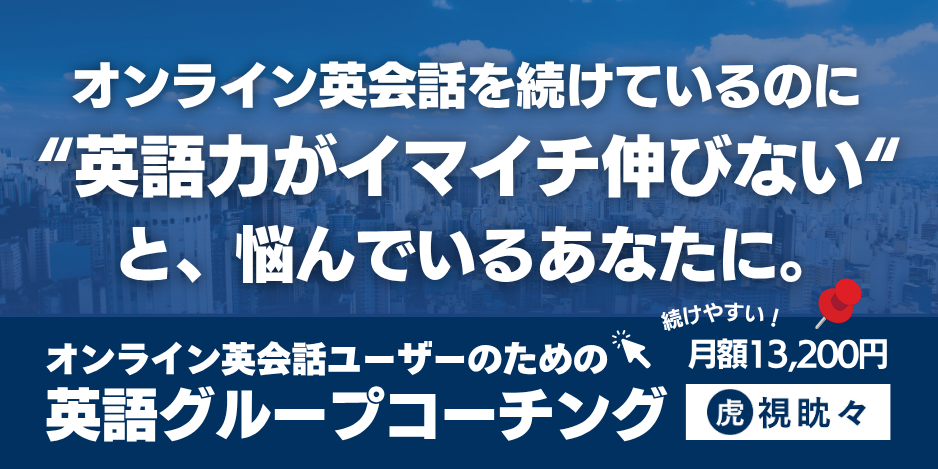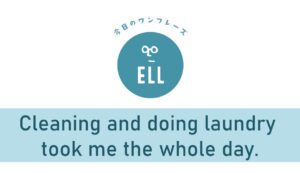
The last movie I watched in theaters was Kyo Kara Ore Wa back in 2020. I watched it in Japanese, I might add. I am a big fan of the TV show, so I was really excited to give the movie a try, even though I wasn`t sure whether my Japanese was up to snuff. Actually, my Japanese wasn`t good enough to understand the whole story, as it turns out, but I was able to follow it for the most part. The movie itself is an extension of the TV show, so that helped me to make sense of what was happening even if my language ability wasn`t quite good enough to understand everything.
The show itself is about a group of high school delinquents living in Chiba in the 1980s. During this time, according to the show, “bad kids” were everywhere, getting into fights, mimicking the biker gangs that were all over Japan. Actually, I am curious about whether biker gangs really were so common 40 years ago, because now there isn`t much of a sign of them—at least in my experience while living here.
Despite its serious-sounding premise, the show is actually a hilarious comedy. In fact, it is one of the funniest shows I have ever seen, in Japan or out. The show is full of talented comedians, who each have their own style. Kento Kaku brings his silly antics of dancing around and being ridiculous. Jiro Sato, on the other hand, brings verbal humor with his distinctive way of speaking.
However, the show is more than just a collection of comedy gags, though it has its fair share of those. I believe the themes of the show—of friendship, loyalty, standing up for what`s right, being brave, and also being open to unusual solutions to your problems—are very important. Too many TV shows and movies nowadays are dark and gloomy, so I really appreciate one that has a lighter tone and a more hopeful message, even if it is about young men and women beating each other up instead of going to school.
Japan is such a rule-oriented society, one where it is considered very important to do what is expected of you, so I think that shows about delinquents and criminals are more popular than they might otherwise be in another culture—though, of course, we have our fair share of shows about crime in the U.S. However, I think Japan is a special case, because many people feel trapped by their situation and envy the freedom that people who live outside of society—like criminals and delinquents—seem to have.
Of course, in reality, everyone lives under some kind of system, and I think that the system that criminals live under is probably more difficult than the one that we all live with in society at large. Yakuza, for example, have a very strict code of honor and duty, one that can lead to you losing a finger (or more). While I really enjoy the show, I do wonder about what message it sends to people; that the only way to be happy is to put aside your duties to society and fight other people just like you until you`re considered the best—which seems to be the plot of most of these kinds of shows.
Michael
Vocabulary
up to snuff (idiom) – as good as it should be; meeting the required standard
delinquent (noun) – a person, usually a teenager, who commits crimes or misbehaves
mimic (verb) – to copy the actions of someone
hilarious (adjective) – very funny
gloomy (adjective) – pessimistic, sad or depressing
英語学習をフルサポート!
マンツーマン&コーチングの英会話教室























